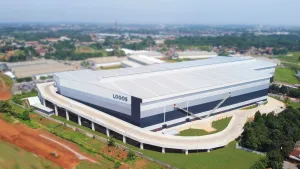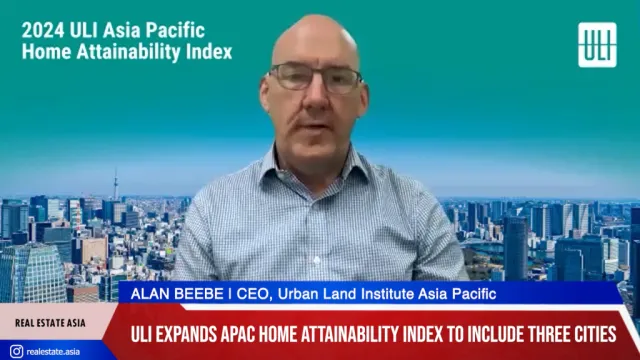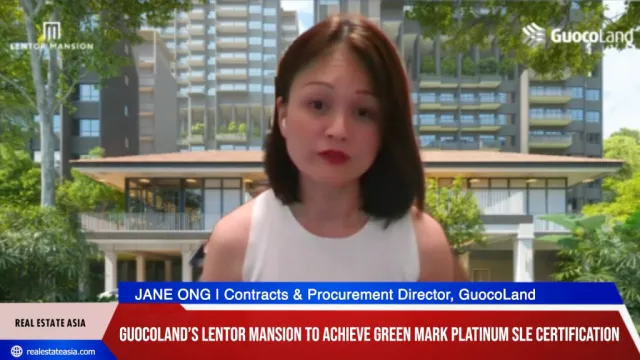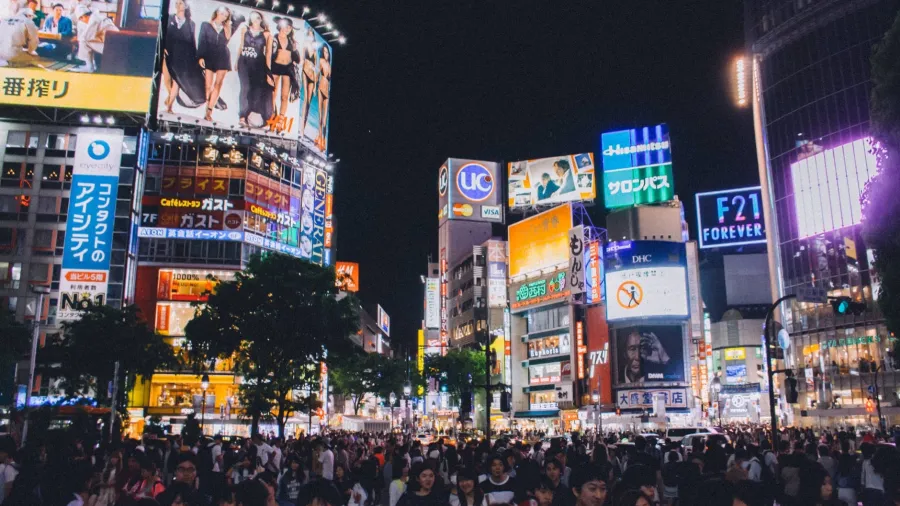
Tokyo retail asking rents up 5.3% in Q3
Each submarket saw varying levels of recovery.
The semi-annual survey by the Japan Real Estate Institute (JREI) and BAC Urban Projects reveals that average asking rents for 1F units in Tokyo have increased 3.7% half-year-on-half-year (HoH) and 5.3% year-on-year (YoY). Non-1F rents experienced similar increments, growing 3.7% HoH and 5.8% YoY.
Overall, Savills says each submarket has experienced notable polarisation, with vacancies remaining elevated in some non-prominent areas, whereas prime areas appear to be mostly occupied.
Here’s more from Savills:
While Japan has progressed to an endemic state, recovery has depended on the sector and area. The luxury sector has been strong, supported by high levels of spending by the wealthy. On the other hand, F&B and entertainment businesses, which often occupy non-1F units and units outside prime shopping streets, have suffered disproportionately, leading to many vacancies in these categories and areas.
Nonetheless, units on upper floors have seen demand from service providers such as beauty clinics and coworking spaces, which has contributed to stabilising the market overall. In addition, strong players that have managed to adapt to these changing trends have emerged even in the struggling F&B sector, meaning that tenant selection appears to have become more crucial than before as the gap widens between winners and losers.
Additionally, Japan has finally opened its borders to inbound tourism, which has created more optimistic prospects for further overall recovery in the retail sector, especially in inbound-dependent areas and facilities. At the same time, this recovery may be moderate as Chinese tourists are still largely unable to travel, and also because global discretionary spending may shrink and stagnate overseas trips as a result of the uncertainty present in the world economy.
Nevertheless, the retail landscape has changed significantly with the pandemic, and new consumer trends need to be understood. For instance, the proliferation of e-commerce was greatly expedited, and more retail space may be transformed to function more as a showroom for retail goods, while actual purchasing may shift online. Also, higher levels of teleworking are likely to generate more demand for retail spaces in suburban areas.



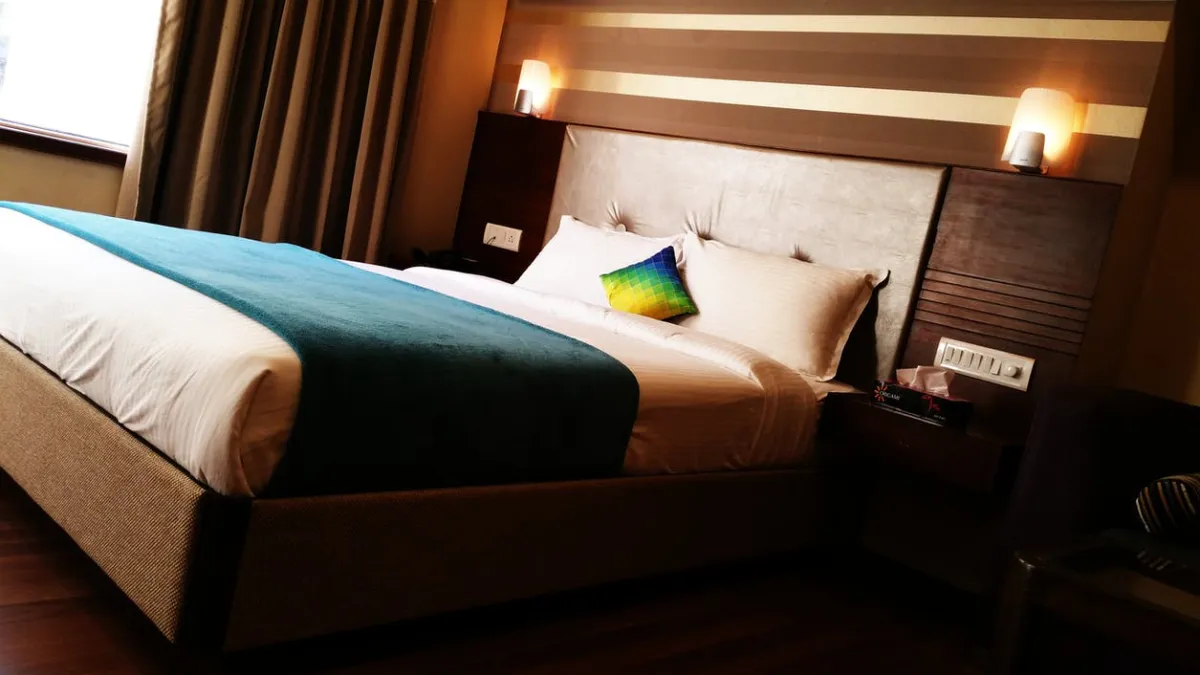
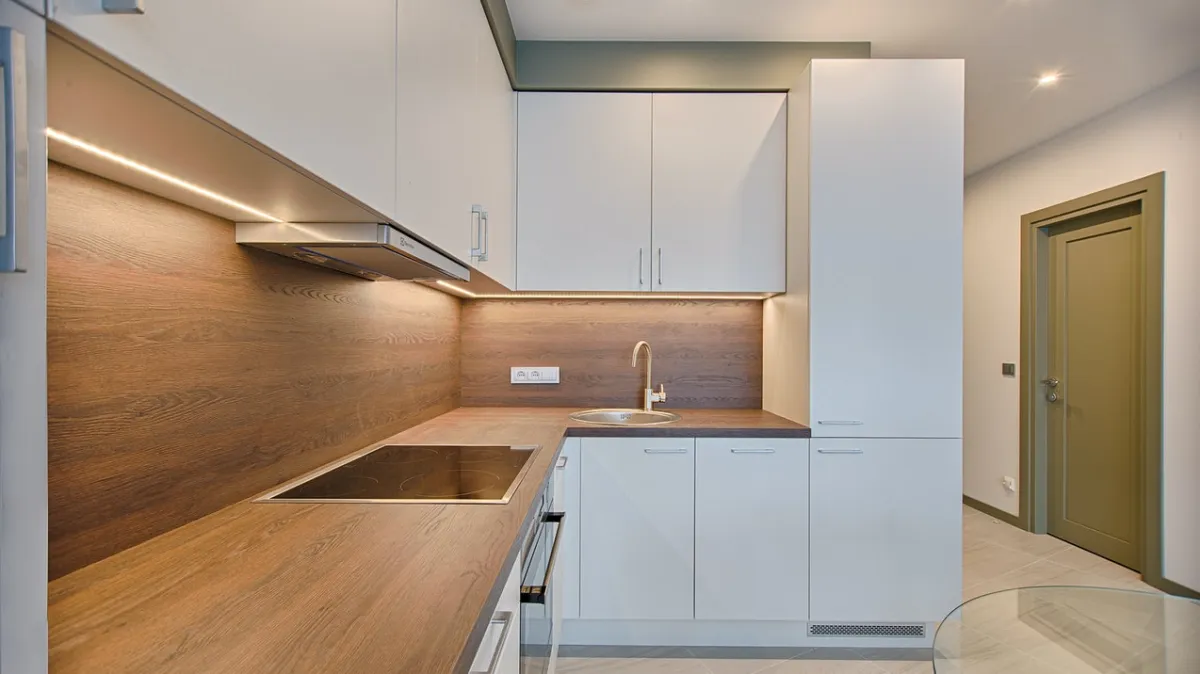

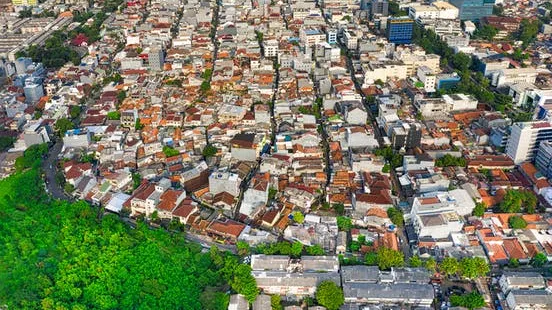
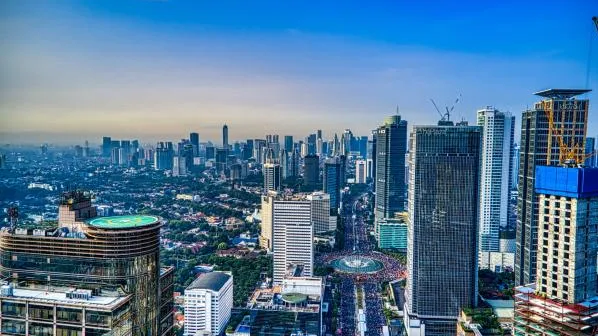
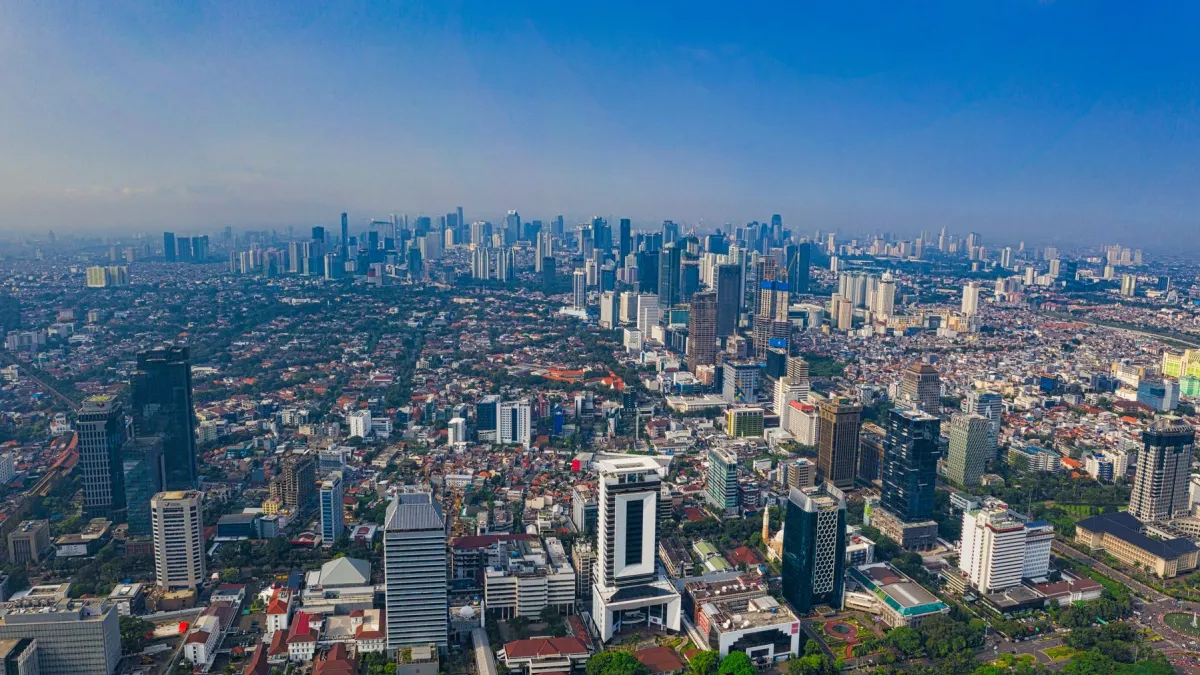
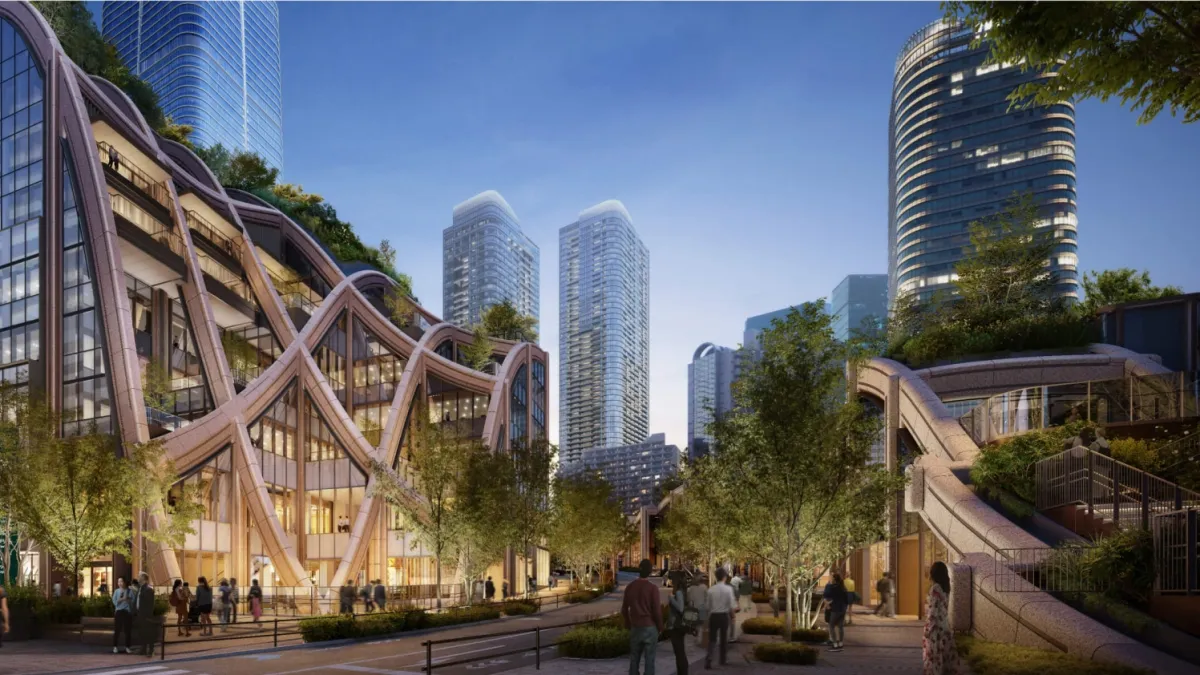
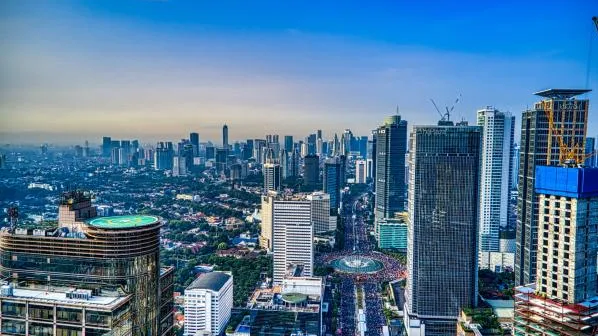
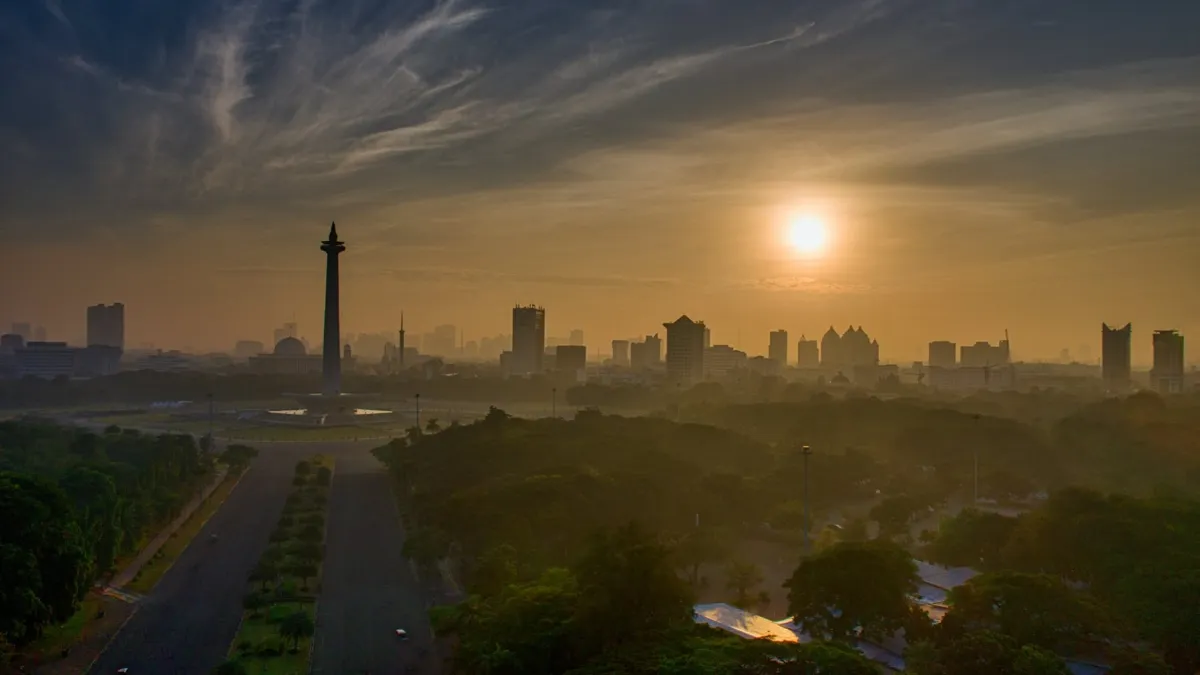
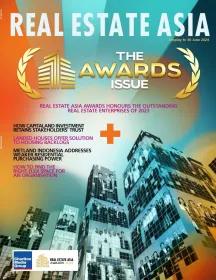
 Advertise
Advertise

